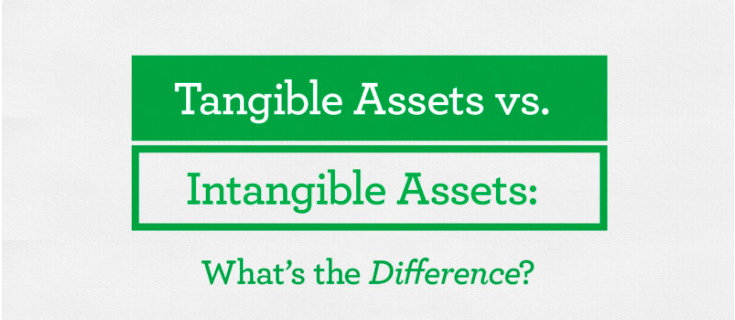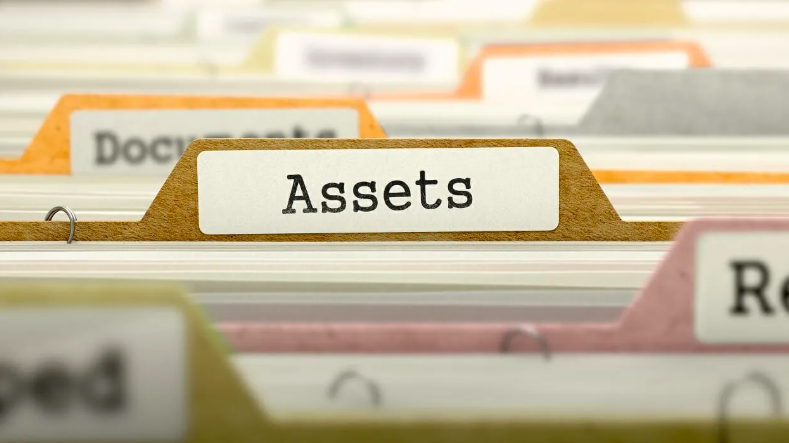
Myth: All Property Always Appreciates in Value
Fact: Property Value Can Fluctuate Based on Market Conditions and Other Factors
There’s a common belief that real estate is a guaranteed way to build wealth because "property always goes up in value." While real estate can be a solid long-term investment, the idea that property values only move upward is a myth that oversimplifies a much more complex reality.
Let’s examine the facts:
1. Market Cycles Affect Value
Just like any other asset class, real estate goes through ups and downs. Economic recessions, political instability, high inflation, or even overdevelopment in an area can cause property values to drop.
2. Location Matters – A Lot
A house in a declining or neglected neighborhood may lose value over time, especially if the area lacks infrastructure, security, or economic opportunities. On the other hand, properties in well-planned, fast-developing areas tend to appreciate faster.
3. Property Condition Influences Value
A poorly maintained property can depreciate, even in a thriving market. Regular maintenance, upgrades, and renovations are key to preserving and increasing a property’s value.
4. Regulatory and Legal Issues
Disputes over ownership, lack of proper title documents, or sudden government interventions (like demolitions or rezoning) can severely undermine property value.
5. Supply and Demand Play a Role
In areas where there’s an oversupply of properties and low demand (e.g., outskirts with limited access to jobs or schools), prices may remain stagnant or even decline.
Conclusion
While real estate can be a valuable investment, it's not immune to risk, market trends, or poor decision-making. Property values can rise or fall depending on a wide range of factors. A wise investor understands the terrain, does their homework, and avoids relying solely on assumptions.

 May 19, 2025
May 19, 2025



